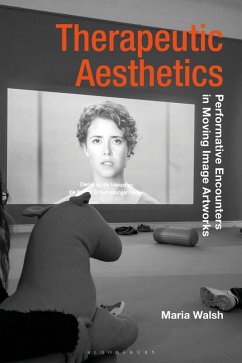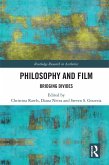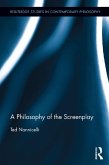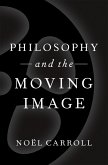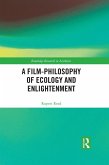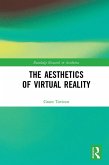Therapeutic Aesthetics focuses on moving image artworks as expressive of social psychopathological symptoms that arise in a climate of neoliberal cognitive capitalism, such as anxiety, depression, post- traumatic stress disorder and burnout. The book is not about engaging with art as a therapy to express personal traumas and symptoms but proposes that a selective range of contemporary moving image artworks performatively mimic the psychopathologies of cognitive capitalism in a conflictual manner.
Engaging with a range of philosophers and theorists, including Bernard Stiegler, Franco 'Bifo' Berardi, Judith Butler, Félix Guattari, and Eva Illouz, Maria Walsh proposes that there is no cure, only provisional moments of reparation. To address this idea, she uses the concept of the pharmakon, the Greek term for drug which means both remedy and poison. Through this approach, she maintains the conflict between the curative and the harmful in relation to moving image artworks by artists such as Omer Fast, Liz Magic Laser, Leigh Ledare, Oriana Fox, Gillian Wearing and Rehana Zaman. As transitional spaces, these artworks can enable a toleration of anxiety and conflict that may offer another kind of aesthetic self-cultivation than the subjection to biopolitical governance in cognitive capitalism.
Engaging with a range of philosophers and theorists, including Bernard Stiegler, Franco 'Bifo' Berardi, Judith Butler, Félix Guattari, and Eva Illouz, Maria Walsh proposes that there is no cure, only provisional moments of reparation. To address this idea, she uses the concept of the pharmakon, the Greek term for drug which means both remedy and poison. Through this approach, she maintains the conflict between the curative and the harmful in relation to moving image artworks by artists such as Omer Fast, Liz Magic Laser, Leigh Ledare, Oriana Fox, Gillian Wearing and Rehana Zaman. As transitional spaces, these artworks can enable a toleration of anxiety and conflict that may offer another kind of aesthetic self-cultivation than the subjection to biopolitical governance in cognitive capitalism.

